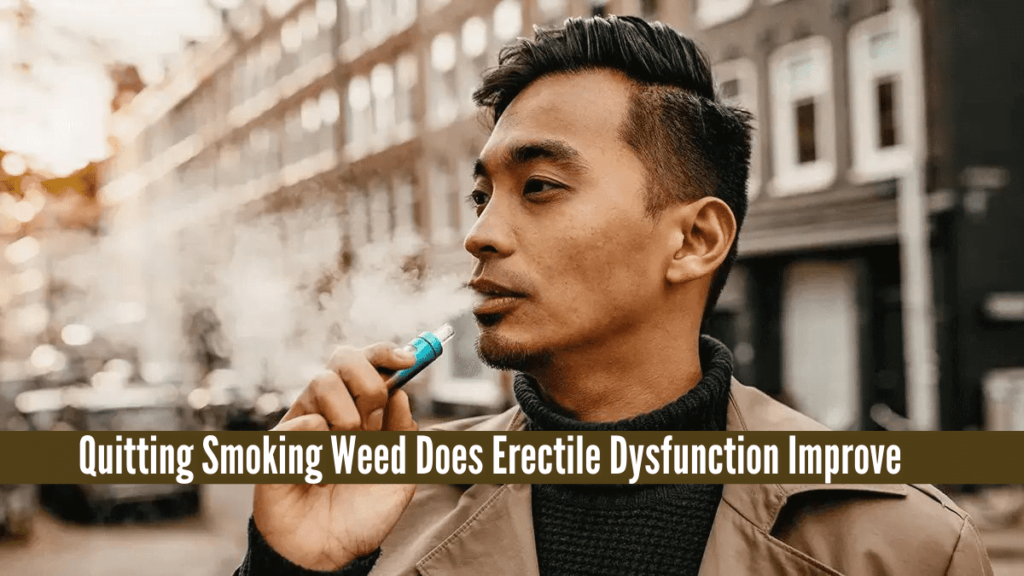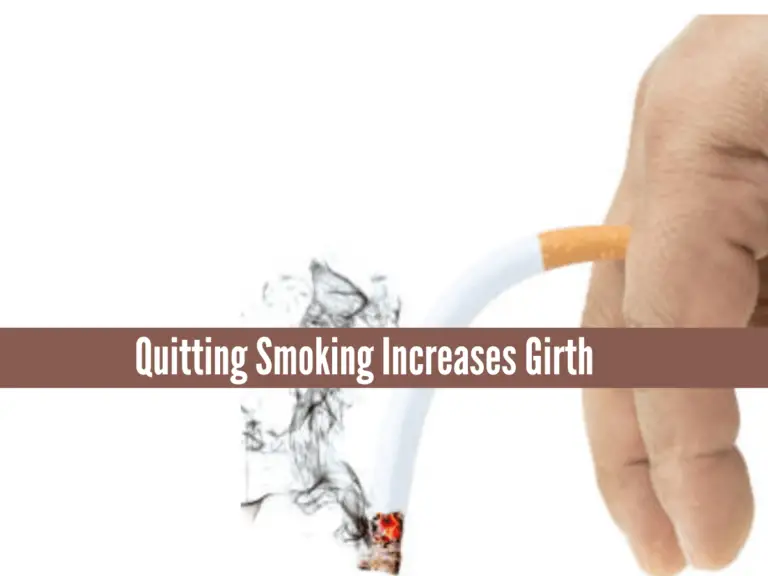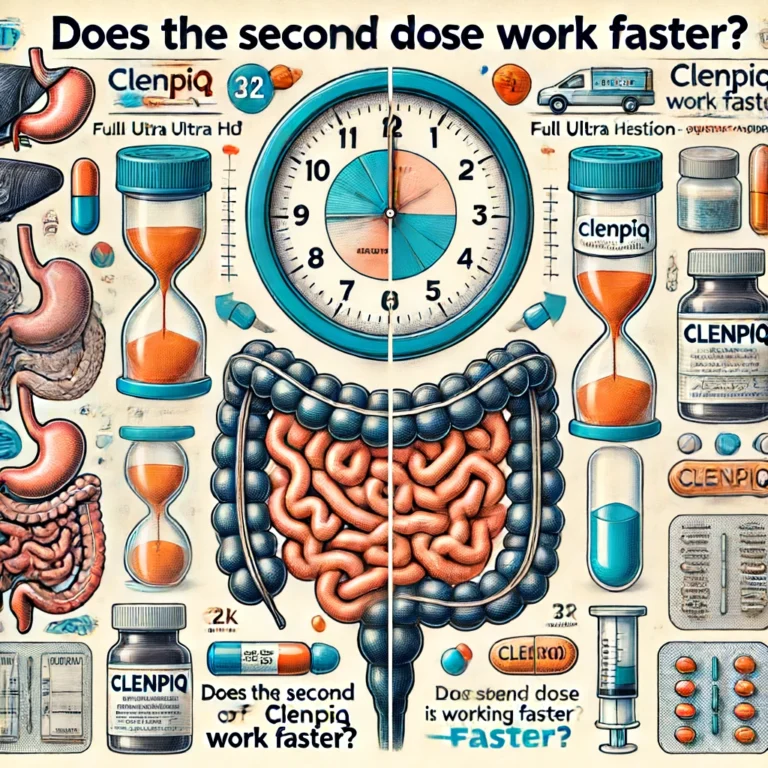How Long After Quitting Smoking Weed Does Erectile Dysfunction Improve

Quitting smoking weed can have a positive impact on erectile dysfunction (ED). When it comes to recovery, individual experiences can vary.
It can be caused by various physical and psychological factors, one of which is smoking weed.
Let’s explore how long it might take for improvements to occur.
Table of Contents
ToggleWhat is Erectile Dysfunction?
Erectile dysfunction (ED) is the persistent inability to achieve or maintain an erection sufficient for satisfactory sexual performance.
This condition can manifest in a variety of forms, ranging from a complete failure to attain an erection to inconsistencies in maintaining it, even for short durations.
While occasional difficulties with erections can be normal, especially during times of stress, chronic ED is typically a sign of an underlying health issue that requires attention.
The Impact of Weed on Sexual Health
How Marijuana Affects the Body
Marijuana, or weed, impacts the body’s endocannabinoid system, which plays a role in regulating mood, appetite, and pain sensation.
When you smoke weed, tetrahydrocannabinol, the active ingredient, affects various bodily functions.
Weed and Hormone Levels
One key area weed influences is hormone levels, particularly testosterone. Lower testosterone levels can lead to reduced sexual desire and performance issues, including ED.
Also Read: Quitting Smoking Increases Girth: The Ultimate Guide
How Weed Affects Erectile Function
Marijuana affects the body through its active ingredient, tetrahydrocannabinol. THC interacts with the body’s endocannabinoid system,
which plays a role in various bodily functions, including sexual health.
Hormonal Imbalance: THC can affect hormone levels, including testosterone, which is crucial for sexual function.
Lower testosterone levels can lead to reduced libido and difficulties with erections.
Vascular Effects: Weed can influence blood pressure and circulation. Good blood flow to the penis is essential for achieving an erection. If blood flow is compromised, ED can occur.
Psychological Impact: Marijuana can affect mood and mental health, leading to anxiety or depression, which are known contributors to ED.
The Link Between Weed and Erectile Dysfunction
Erectile Dysfunction
Erectile dysfunction is characterized by the persistent inability to achieve or maintain an erection sufficient for satisfactory sexual performance.
Factors contributing to ED are varied and include physical health issues like cardiovascular disease, diabetes, and obesity, as well as psychological factors such as stress, anxiety, and depression.
The Role of Marijuana in ED
Marijuana, or cannabis, is often perceived as a harmless recreational drug. However, its impact on sexual health, particularly erectile function, is gaining attention.
Some studies suggest that THC, the psychoactive component in marijuana, can impair blood flow and nerve function, both of which are crucial for maintaining an erection.
Additionally, long-term use of marijuana has been linked to hormone changes that may affect libido and erectile function.

Timeline for Improvement After Quitting Weed
The improvement in ED after quitting weed depends on several factors, including the duration and intensity of weed use, individual health conditions, and lifestyle factors. Here’s a detailed timeline of what to expect:
Immediate Effects (First Few Days to Weeks)
Withdrawal Symptoms: You might experience withdrawal symptoms such as irritability, anxiety, and sleep disturbances. These symptoms can temporarily affect sexual function.
Initial Hormonal Adjustment: The body starts to recalibrate hormone levels. Testosterone levels might begin to normalize, which is a positive step towards improving ED.
Short-Term Effects (1 to 3 Months)
Improved Circulation: Blood flow can improve as the effects of THC diminish. Better circulation enhances the ability to achieve and maintain erections.
Reduced Anxiety: As withdrawal symptoms subside, mental health might improve, reducing anxiety-related ED.
Hormonal Balance: Continued normalization of hormone levels supports sexual function. Testosterone levels typically return to healthier levels during this period.
Long-Term Effects (3 to 12 Months)
Stable Hormone Levels: By this time, hormone levels should be stable, supporting overall sexual health.
Mental Health Stability: With prolonged abstinence from weed, mental health continues to improve, further reducing psychological barriers to sexual performance.
Lifestyle Improvements: Many individuals also adopt healthier lifestyles after quitting weed, including better diet and exercise, which contribute to improved sexual function.
Factors Influencing Recovery
Several factors can influence how quickly ED improves after quitting weed:
Duration of Use: Long-term and heavy users may take longer to see improvements compared to occasional users.
Overall Health: Individuals with underlying health conditions such as diabetes, cardiovascular disease, or obesity might experience slower progress.
Age: Younger individuals generally recover faster due to better overall health and more resilient bodily systems.
Lifestyle Changes: Adopting a healthier lifestyle, including regular exercise, a balanced diet, and stress management, can accelerate improvements.
Tips for Improvement
To support the recovery process and improve ED more quickly after quitting weed, consider the following tips:
- Healthy Diet: Eating a balanced diet rich in fruits, vegetables, lean proteins, and whole grains supports overall health and circulation.
- Regular Exercise: Physical activity improves cardiovascular health and blood flow, which is crucial for erectile function.
- Stress Management: Techniques such as meditation, yoga, and deep-breathing exercises can reduce stress and anxiety, which often contribute to ED.
- Adequate Sleep: Quality sleep is essential for hormonal balance and overall health.
- Hydration: Staying well-hydrated supports all bodily functions, including circulation and sexual health.
Seeking Professional Help
If you don’t see improvements in ED after quitting weed, consider consulting a healthcare professional. They can help identify any underlying issues and recommend appropriate treatments.
- Medication: Drugs like Viagra or Cialis can help achieve and maintain erections.
- Therapy: Counseling or treatment can address psychological factors contributing to ED.
- Hormone Replacement Therapy: If low testosterone levels persist, hormone replacement therapy might be an option.
Conclusion
In conclusion, while recovery times can vary, many people experience significant improvements in erectile dysfunction within a few months of quitting smoking weed. Patience and a healthy lifestyle are crucial to supporting your body during this recovery period.
FAQ:
Can ED from Weed Be Permanent?
No, most cases of ED related to weed use are not permanent and improve with time after quitting.
Are There Medications to Help?
Yes, medications like Viagra can help, but it’s best to consult with a doctor for personalized advice.
How Can I Support My Partner During Recovery?
Be understanding and patient. Encourage healthy lifestyle changes and seek professional help if needed.
Will I See Immediate Results After Quitting?
Improvements can start within a few weeks, but significant changes often take months.
What Other Benefits Will I Notice?
Expect better mental clarity, improved mood, and enhanced overall health as your body recovers from weed use.





